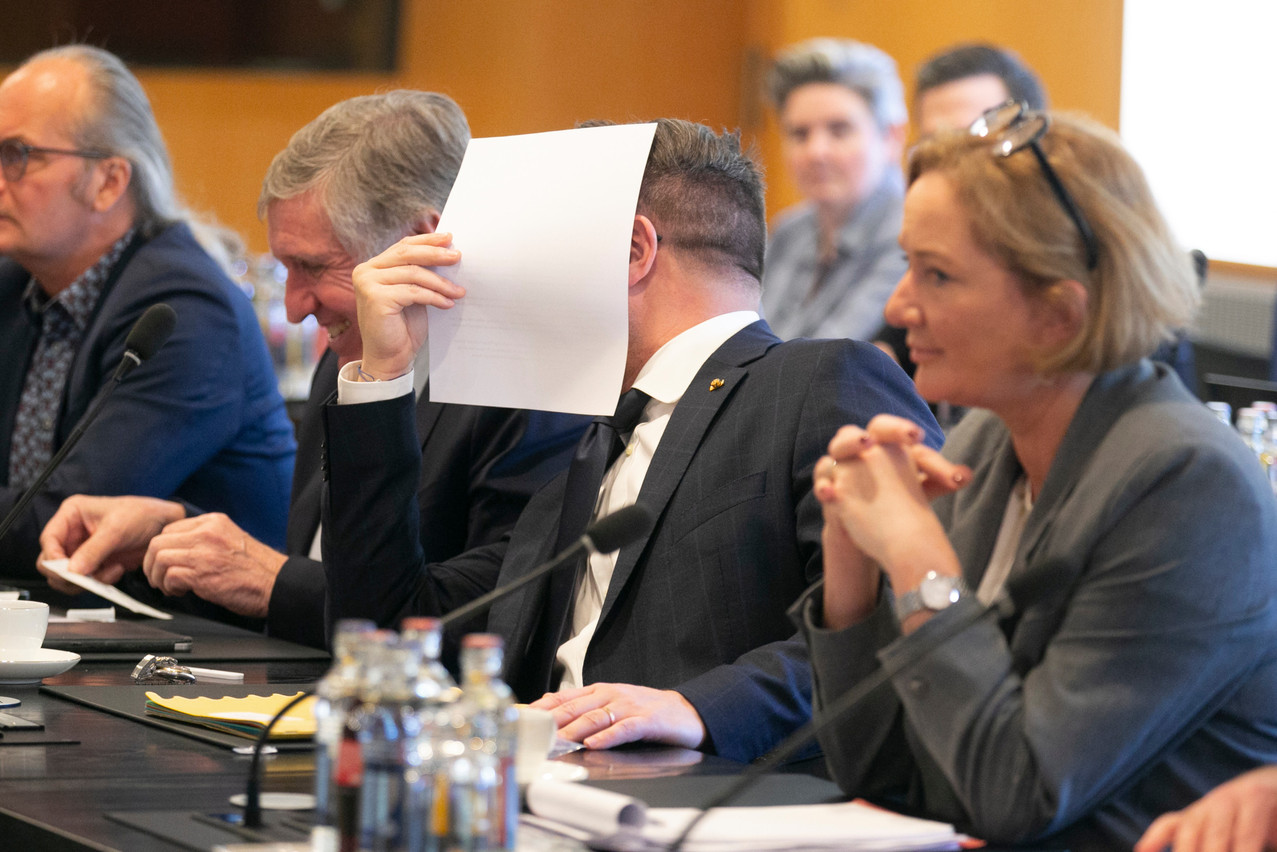Prime minister Xavier Bettel (DP) in January he would deliver an update of the government’s ethics code by March after a European anti-corruption watchdog in November 2020 had submitted recommendations to strengthen protections.
The revised rules were published on 24 March, introducing a lobby register and increasing transparency around jobs taken by ministers once they leave cabinet.
For two years, former members of the government must report any private sector activity to an ethics council, which publishes the job updates on the government’s website. If the new professional activity is in the field of the mandate held in government, the council must be notified at least one month in advance to review the appointment for potential conflicts of interest.
The council can recommend ways to address these conflicts of interest but can also tell a minister not to take the job.
This responds to criticism from the Group of States against Corruption (Greco), an anti-corruption watchdog within the Council of Europe, which had said the ethics council must get more powers and be able “to recommend, in the most obvious cases of conflict of interest, that the former senior official not be allowed to engage in the intended activity.”
The council’s recommendations can be made public if the former cabinet member decides not to follow them. They will otherwise remain confidential. Greco had urged the government to make public all opinions by the ethics council.
List of assets
There is no official cooling off period in Luxembourg. However, for two years, former members of government cannot use insider information they gained during their time in office to advise their new employer and clients or to gain advantage for their own business venture.
The ethics council charged with ensuring adherence to the code had previously warned that this rule is nearly impossible to enforce, recommending that former ministers be banned from taking up a position in the private sector linked to their government portfolios for two years.
People entering government already under existing rules had to submit a list of financial assets, including shares in companies. Newly added to that list is any debt higher than €100,000 except real estate loans for the primary residence.
For the first time, this list will also be subject of review for conflicts of interest by the ethics committee that is charged with monitoring the implementation and compliance of the code of conduct.
Lobby register
The government also paid heed to calls from Greco for a stricter lobby register. Under first proposals submitted by Luxembourg, ministers were supposed to log interviews requested by lobbyists, with this list publicly available online.
The code of conduct adopted on Thursday now also includes meetings initiated by the government with interest groups, as recommended by Greco. Some meetings are excluded from this list, such as standing committee meetings or tripartite talks. The lobby register will include the names of the people who met, their organisation as well as a summary of the interests represented, and laws and regulations discussed.
As part of a review in 2018, Greco had criticised the grand duchy’s lax rules. Luxembourg in response set up a working group, submitting reform proposals to Greco, which in November 2020 responded with a series of recommendations.
In July last year, a European Commission rule of law review also highlighted shortcomings in Luxembourg’s rules. “Room for improvement remains as regards the regulation of conflicts of interest and revolving doors,” it said.
Thursday’s code of conduct also included new rules for government advisers in the public service, who must also keep a lobby register, declare their assets and report any new activity after leaving office to the ethics council.
